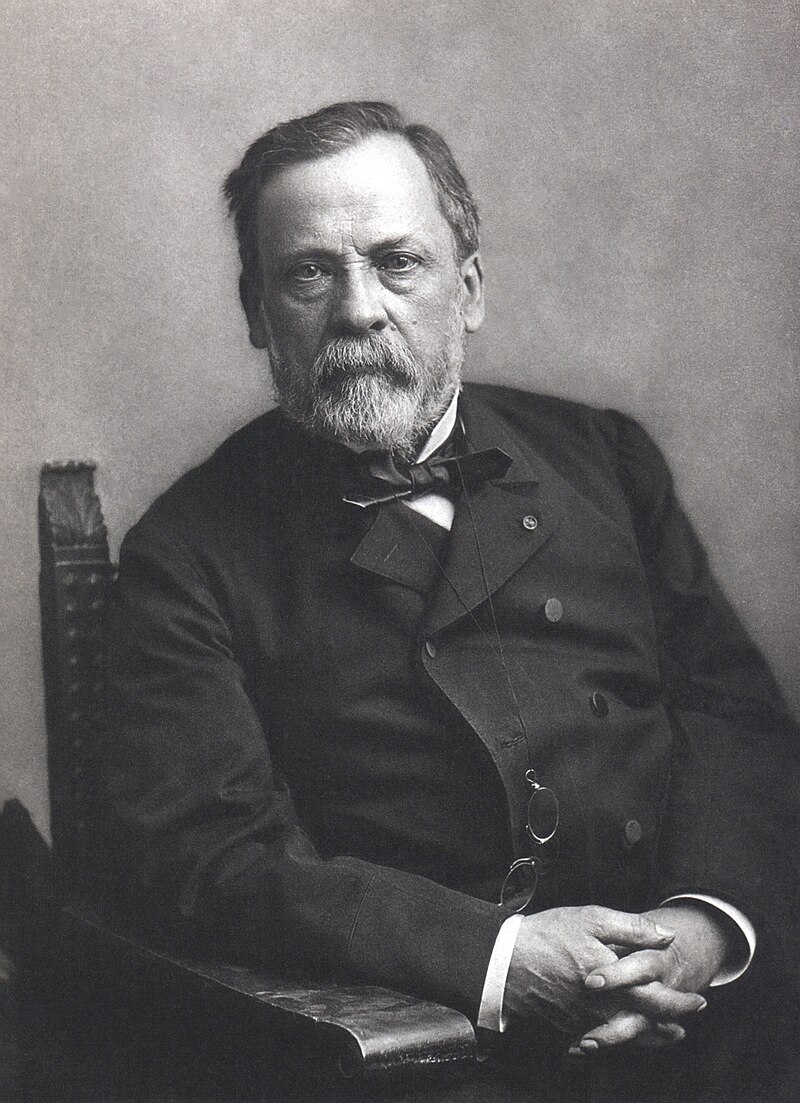Louis Pasteur: A groundbreaking French Scientist
Louis Pasteur was a French scientist who lived in the 19th century and made important contributions to science and medicine. He is best known for his work in the field of microbiology, where he studied tiny organisms called microorganisms. Louis Pasteur discovered that these microorganisms could cause diseases in humans, animals, and plants. One of his most famous achievements was developing a process called pasteurization. This process involves heating liquids like milk or juice to kill harmful microorganisms, making the drinks safer to consume. Thanks to pasteurization, many people now enjoy safer and healthier food and drinks. Louis Pasteur also played a crucial role in the development of vaccines. He created the first vaccines to prevent diseases like rabies and anthrax. Vaccines are special medicines that help our bodies fight off harmful germs and stay healthy. Today, vaccines are essential for preventing the spread of diseases and keeping people safe. Louis Pasteur's groundbreaking work has had a lasting impact on the field of science and medicine, making the world a safer and healthier place for everyone.

Fun Facts:
Young Artist: Before becoming a scientist, Pasteur was a talented artist and liked to draw.
Breakthrough with Silkworms: Pasteur saved the French silk industry by discovering a cure for a disease affecting silkworms.
Pasteurization Discovery: The process of pasteurization was initially developed to prevent spoilage in wine but is now widely used to make various food products safe.
Vaccine Hero: His rabies vaccine was a major breakthrough in medicine and is still used today.
Timelines:
1822 (December 27) Louis Pasteur is born in Dole, France.
1847Pasteur earns his bachelor of arts degree.
1857 He becomes a professor of chemistry at the University of Strasbourg.
1864 Pasteur's experiments disprove the idea of spontaneous generation.
1867 He invents pasteurization, a method to kill harmful microorganisms in food and drinks.
1885 Pasteur successfully develops a rabies vaccine.
1895 (September 28): Louis Pasteur passes away.
Reference Books for Elementary Students:
"Who Was Louis Pasteur?" by Jim Gigliotti: This is part of the "Who Was?" series, which is excellent for elementary students, providing an engaging and informative overview of Pasteur's life.
"Louis Pasteur: Founder of Modern Medicine" by John Hudson Tiner: A part of the "Sowers" series, it narrates Pasteur's life and contributions in a way that is accessible to young readers.
"Louis Pasteur and the Hidden World of Microbes" by Louise E. Robbins: This book delves into Pasteur's scientific work and its impact on our understanding of microbes. The language is suitable for elementary readers.
"Giants of Science - Louis Pasteur" by Kathleen Krull: This book combines storytelling with facts, making it an engaging read for elementary students interested in science.
These books provide a good mix of information and readability, making the life and work of Louis Pasteur accessible to elementary students.